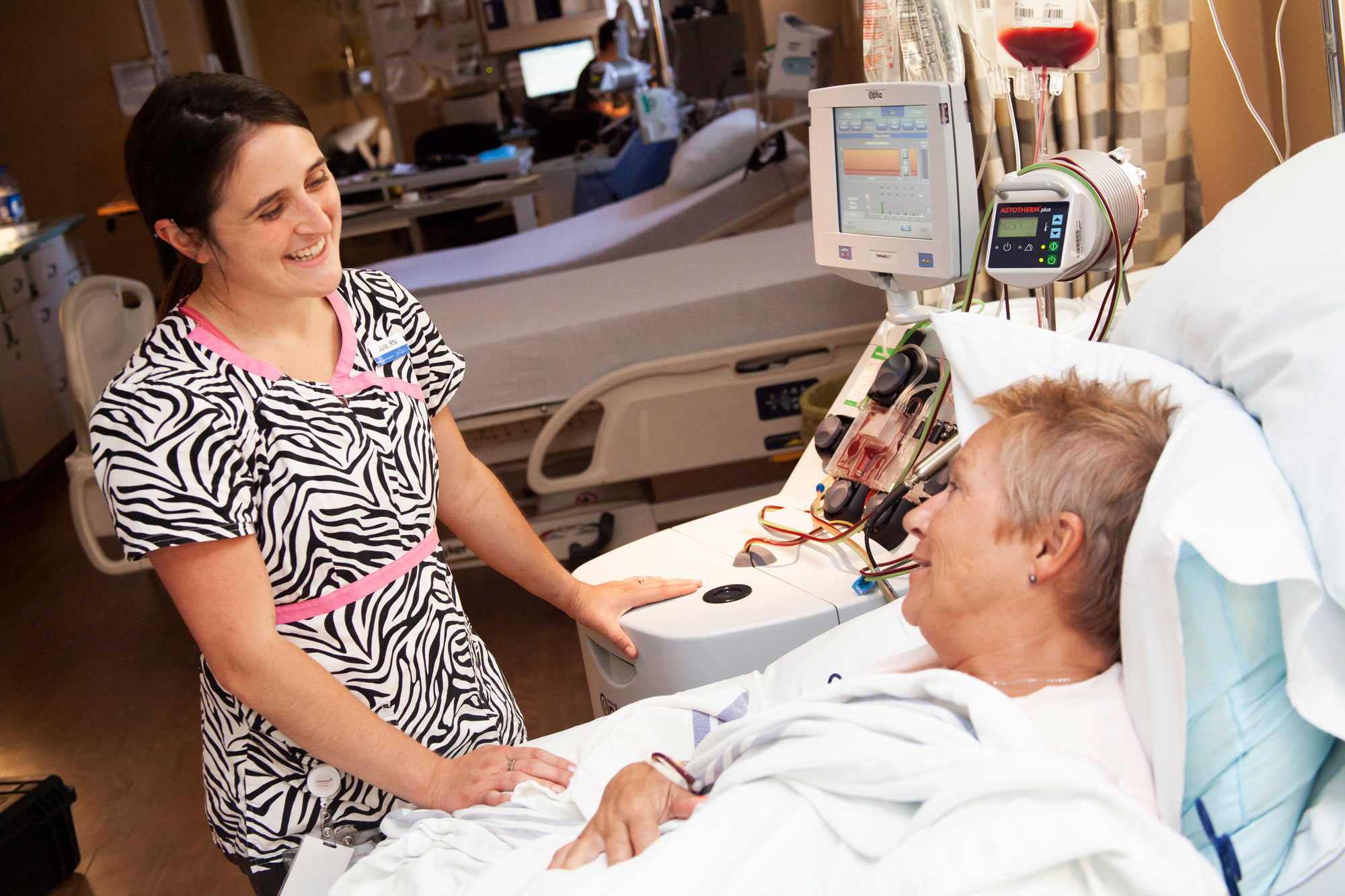Marathon of Hope is looking at our region differently.
Nova Scotia has some of the highest rates of cancer in Canada but sadly, some of the lowest survival rates. The Terry Fox Research Institute is leading a project called the Marathon of Hope Cancer Centres Network. Focused on precision medicine, this Network – which includes five regional Canadian cluster groups - aims to improve cancer diagnoses, predict how patients will respond to treatments, and deliver more personalized and effective treatments with fewer side-effects.
With the support of donors, the QEII Foundation has helped fund the Atlantic Cancer Consortium to bring together cancer experts and resources from the Atlantic provinces into a single, coordinated group.
Already in their first two years, the group has expanded infrastructure in biobanking (the collection of cancer tissues and their important biological and clinical information) and bioinformatics (the analysis of biological information). The investments in biobanking and bioinformatics are critical to accelerating advancements that will enable improved cancer detection, diagnosis, treatment, and prevention – allowing for physicians to better match treatments to a patient’s disease.
In addition, 22 post-doctoral fellows, PhD students, Master’s students, and medical residents in precision medicine and cancer, including 18 in Nova Scotia, are connected to work in this Atlantic Consortium.
These talented researchers have conducted pilot projects in colorectal and lung cancers, two cancers with particularly high incidence and mortality rates in our region, looking at treatment responses and identifying early markers that predict patients who are at risk for cancer recurrence.
Another key area of focus for the Consortium is ensuring patients in rural and underserved communities have timely access to precision medicine.

